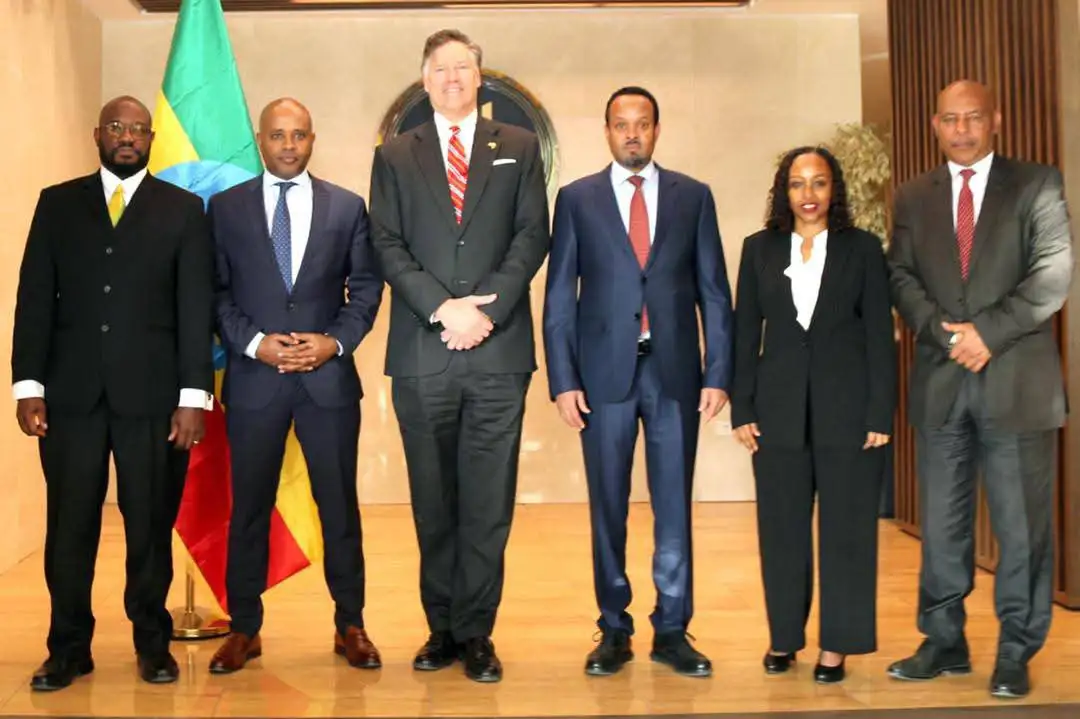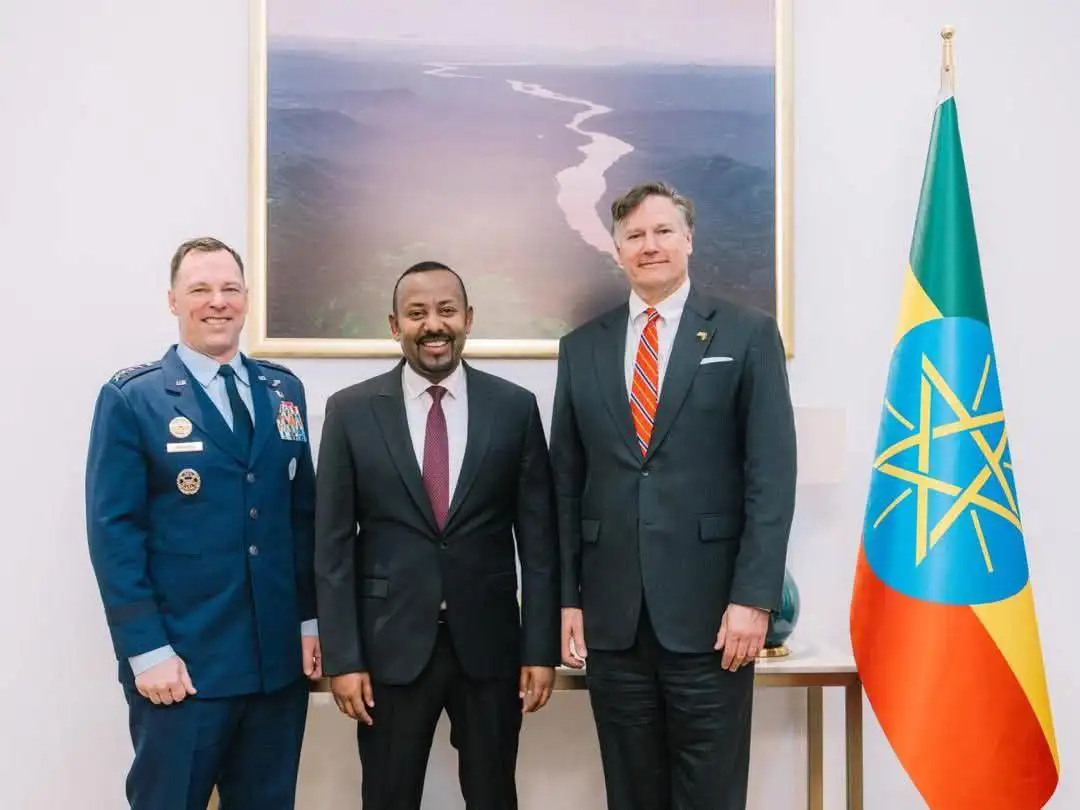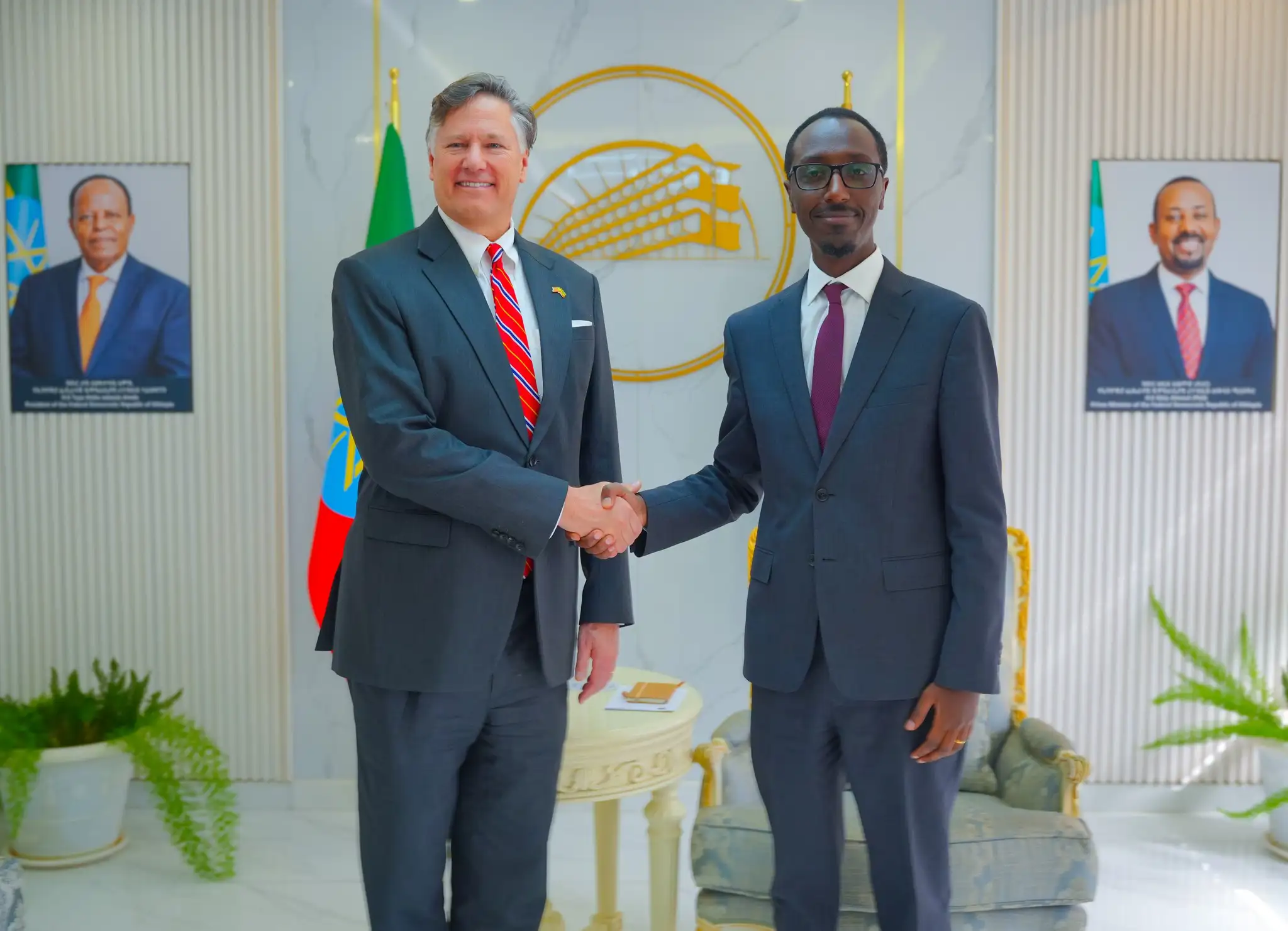United Nations Secretary-General Antonio Guterres urged nations to prioritise biodiversity and environmental conservation as crucial components of achieving global food security during the 2nd United Nations Food Systems Summit which is underway in Addis Ababa this week. Speaking before world leaders and stakeholders, Guterres emphasised the need for a comprehensive approach that integrates environmental sustainability into food production systems.
Guterres began by thanking Ethiopia and Italy for their collaborative efforts in co-hosting the summit alongside the UN.
He underscored the urgency of addressing the interconnected challenges of food security and environmental degradation, stating that the future of food production depends on a commitment to protecting the planet's resources.
The Secretary-General specifically called on countries to allocate more budgetary resources to environment and biodiversity conservation within their existing national budgets.
This, he argued, is a vital investment in the long-term resilience of food systems and a necessary step to mitigating the impacts of climate change on agriculture.
Furthermore, Guterres highlighted the potential of innovative technologies, particularly artificial intelligence (AI), to enhance agricultural practices and improve food production efficiency. He stressed the importance of making these advancements accessible to farmers worldwide, especially those in developing countries, to empower them to increase yields and adapt to changing environmental conditions.
Guterres also emphasised that ensuring food security is not solely the responsibility of governments. He called for greater participation from the private sector, recognising its significant role in the multi-billion-dollar food industry. He argued that private sector investment in sustainable food production practices can contribute to both economic growth and improved food security for populations around the globe.
Access to safe and quality food for all was another key theme of Guterres's address. He underscored the need for inclusive strategies that involve all stakeholders, from farmers and consumers to policymakers and businesses.
Addressing the issue of food waste, Guterres pointed out the staggering reality of trillions of dollars’ worth of food being wasted annually worldwide.
He called for urgent action to address this inefficiency, advocating for improved food storage, transportation, and consumption practices.
Finally, the Secretary-General urged countries to implement climate-friendly food policies and to work towards self-sufficiency by reducing reliance on imported food products. He believes that fostering local food production and promoting sustainable agricultural practices are essential steps towards building more resilient and equitable food systems. By prioritising biodiversity, embracing innovation, and fostering collaboration, Guterres argued, the world can secure a future where everyone has access to safe, nutritious, and sustainable food.




